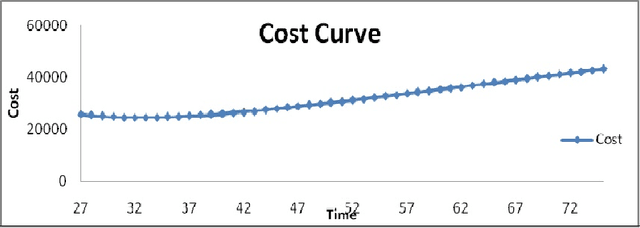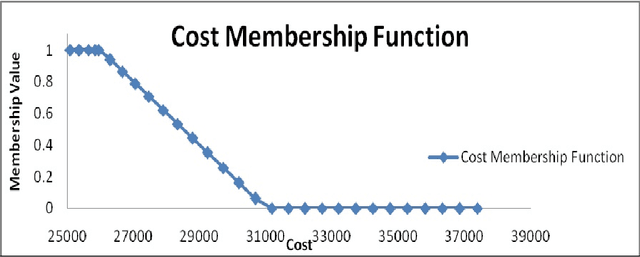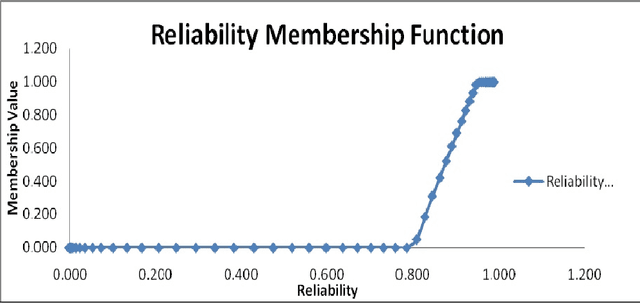Adarsh Anand
Bib2Auth: Deep Learning Approach for Author Disambiguation using Bibliographic Data
Jul 09, 2021



Abstract:Author name ambiguity remains a critical open problem in digital libraries due to synonymy and homonymy of names. In this paper, we propose a novel approach to link author names to their real-world entities by relying on their co-authorship pattern and area of research. Our supervised deep learning model identifies an author by capturing his/her relationship with his/her co-authors and area of research, which is represented by the titles and sources of the target author's publications. These attributes are encoded by their semantic and symbolic representations. To this end, Bib2Auth uses ~ 22K bibliographic records from the DBLP repository and is trained with each pair of co-authors. The extensive experiments have proved the capability of the approach to distinguish between authors sharing the same name and recognize authors with different name variations. Bib2Auth has shown good performance on a relatively large dataset, which qualifies it to be directly integrated into bibliographic indices.
Optimal Release Time Decision from Fuzzy Mathematical Programming Perspective
Sep 27, 2015



Abstract:Demand for high software reliability requires rigorous testing followed by requirement of robust modeling techniques for software quality prediction. On one side, firms have to steadily manage the reliability by testing it vigorously, the optimal release time determination is their biggest concern. In past many models have been developed and much research has been devoted towards assessment of release time of software. However, majority of the work deals in crisp study. This paper addresses the problem of release time prediction using fuzzy Logic. Here we have formulated a Fuzzy release time problem considering the cost of testing under the impact of warranty period. Results show that fuzzy model has good adaptability.
* 10 Pages. arXiv admin note: substantial overlap with text by other authors http://archive.org/stream/Software_Reliability_Assessment_with_OR_Applications/Software_Reliability_Assessment_with_OR_Applications_djvu.txt
 Add to Chrome
Add to Chrome Add to Firefox
Add to Firefox Add to Edge
Add to Edge